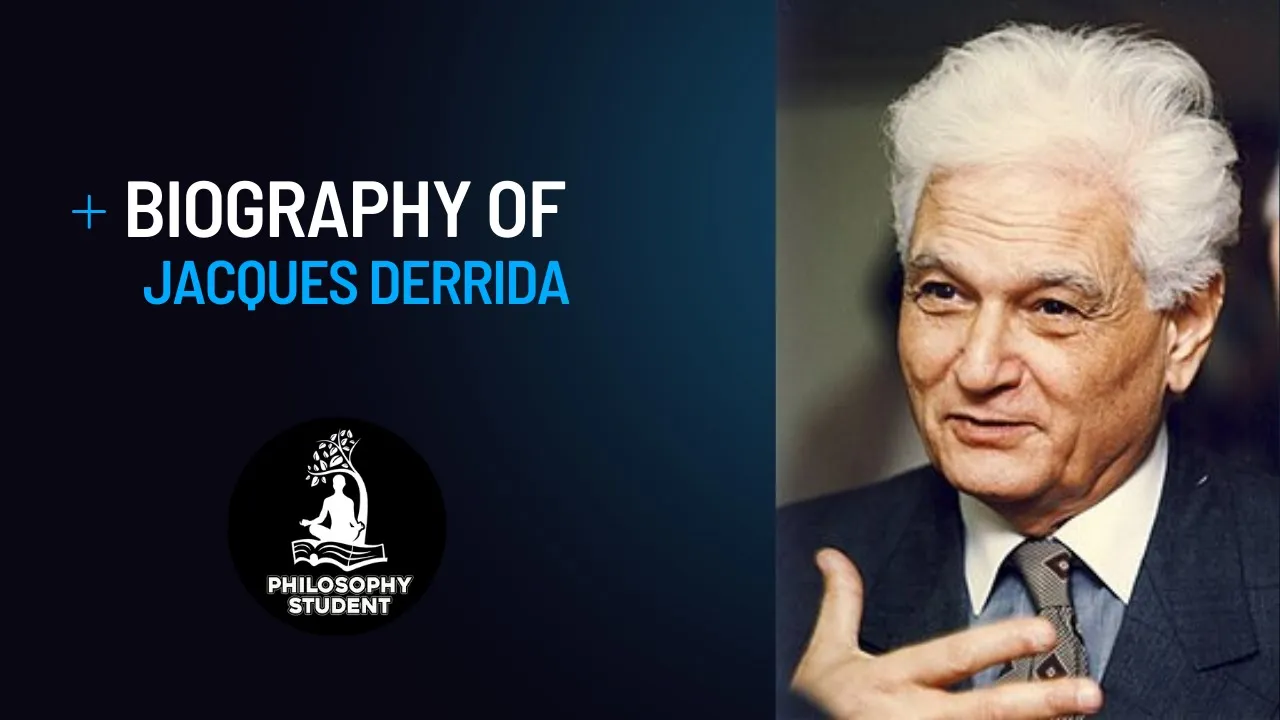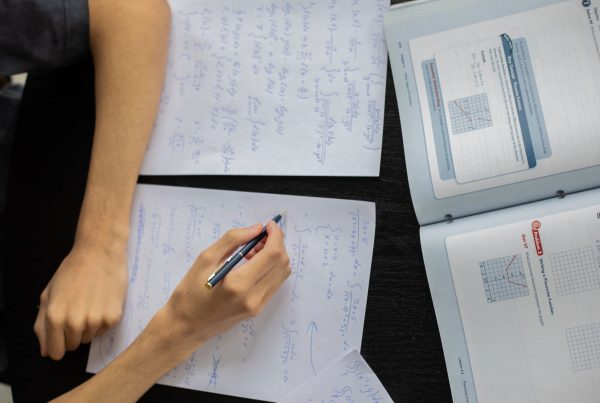Born on July 15, 1930, in the French Algiers suburb of El-Biar, Jacques Derrida founded the critical method known as “deconstruction,” which has been applied primarily to literary texts but is applicable to texts in many disciplines as well as to institutional and cultural structures of all kinds, especially political institutions.
Deconstruction argues that language, especially as applied to ideal concepts, is complex and indeterminate. As an analytical and critical method, therefore, deconstruction examines the surface of a text or the visible structure of an institution on the assumption that in appearance is to be found the closest thing to the essence of the work under consideration. Thus, deconstruction has had great influence on literary criticism and literary theory, as well as linguistics, law, history, anthropology, sociology, psychoanalysis, feminism, and LGBT studies. In the context of philosophy, deconstruction has implications for epistemology, ontology, ethics, aesthetics, and hermeneutics.
Derrida was born into a Sephardic family and, during World War II, was expelled from the lycée in accordance with the pro-Nazi antisemitic laws of the French Vichy regime in Algeria. He nevertheless became enthralled with the works of philosophers and literary writers and, after the liberation, was able to continue his lycée education in Algiers and then, after he moved in 1949, in Paris. He was admitted to the École Normale Supérieure in 1952, where he became acquainted with the Marxist philosopher Louis Althusser. Derrida wrote his master’s thesis on the phenomenologist Edmund Husserl and studied at Harvard University during 1956–1957. From 1960 to 1964, he taught philosophy at the Sorbonne and received an appointment to the philosophy faculty of the École Normale Supérieure in 1964, which he held through 1984.
In 1967, Derrida published his first three books, all highly influential, Writing and Difference, Speech and Phenomena, and Of Grammatology. He was appointed Professor of the Humanities at the University of California, Irvine, in 1986 and taught there until shortly before his death on October 9, 2004.
The concept of deconstruction proved to be not merely controversial but divisive. It became a crux of singularly bitter dispute between the “analytic” philosophers (mostly based in the United States and Britain) and the “continental” philosophers (mostly associated with Europe). When the University of Cambridge became in 1992 one of numerous distinguished institutions to award Derrida an honorary doctorate, a number of the most eminent “analytic” philosophers, among them Willard Van Orman Quine, Ruth Barcan Marcus, and David Malet Armstrong, wrote a joint letter of protest, arguing that “Derrida’s work does not meet accepted standards of clarity and rigour” and was based on “semi-intelligible attacks upon the values of reason, truth, and scholarship.” Derrida succumbed to pancreatic cancer and died during surgery for the condition, in Paris, on October 9, 2004.




































